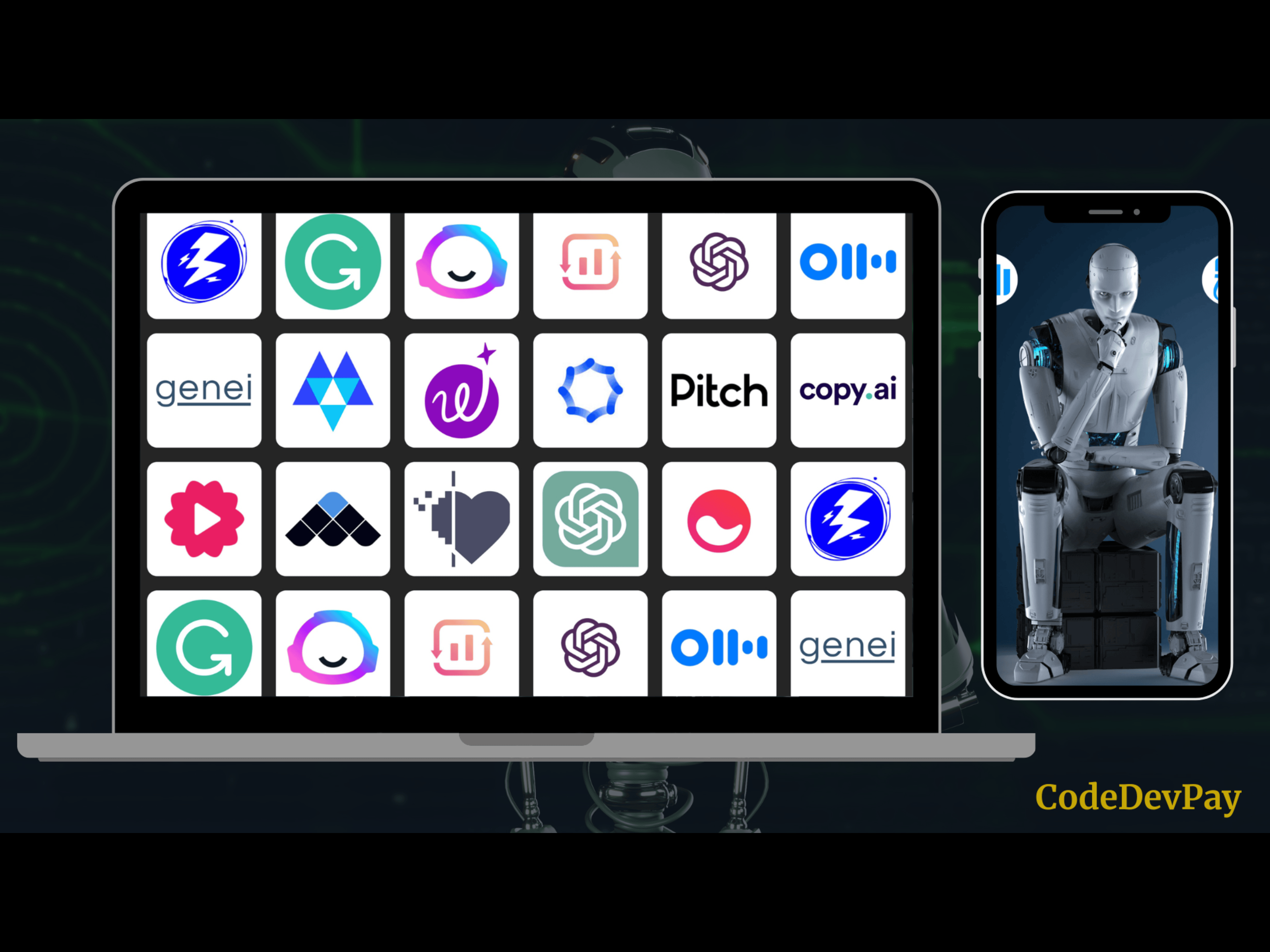The Harsh Truth About Working in Tech (Nobody Tells You This)
The tech industry is often painted as a dream world: high salaries, flexible work, and a chance to work on innovations that change the future. From flashy startup success stories to billion-dollar companies, it looks like everyone in tech is living their best life.
But behind the hype lies a reality most people don’t talk about. The truth is, life in tech is rewarding but unforgiving. It demands resilience, adaptability, and a constant state of preparation. Whether you’re a beginner just starting out, or a seasoned professional with years of experience, the same rule applies: if you’re not prepared, the industry will catch you off guard.
Let’s break it down.
🔄 1. Tech Never Stops Changing
One of the most exciting and terrifying things about tech is how fast it evolves.
-
In the early 2010s, BlackBerry was king. Today, it’s just a case study in tech obsolescence.
-
AngularJS was once the “future” of front-end frameworks; today, it’s discontinued, replaced by React, Angular 2+, Vue, Svelte, and now even frameworks built for AI.
-
Many roles once filled by junior engineers bug testing, simple scripting, even parts of customer support are now being automated by AI tools like GitHub Copilot and ChatGPT.
👉 What this means for you: The language, framework, or tool you master today will eventually fade away. What keeps you relevant is not what you know, but your ability to learn, unlearn, and relearn.
✅ Preparation tip: Dedicate time each week to explore new tools. Even if you don’t master them, being aware of emerging trends keeps you ahead of the curve.
💼 2. Job Security Is a Myth
If you think working at a big-name company means job security, think again.
In the past few years alone:
-
Google laid off over 12,000 employees.
-
Meta cut more than 11,000 jobs.
-
Amazon slashed tens of thousands across divisions.
And these weren’t “bad workers.” Many were high-performing engineers, designers, and managers. The reality is that tech jobs are tied to budgets, market conditions, and shifting company priorities not just performance.
👉 What this means for you: Never get too comfortable. Always assume your job could disappear tomorrow.
✅ Preparation tip:
-
Keep your resume and LinkedIn updated.
-
Build a personal brand (portfolio, GitHub, blog, or newsletter).
-
Diversify your income freelancing, teaching, side projects, or even investing.
📚 3. The Pressure to Keep Learning
In many careers, once you graduate, the learning curve flattens. But in tech, the curve never ends.
New frameworks, updates, and tools mean you must constantly sharpen your skills. A backend developer from 2015 who only knew PHP/MySQL and stopped learning would struggle in today’s job market dominated by Node.js, Python, cloud computing, and AI integration.
👉 What this means for you: A degree or bootcamp certificate is just the beginning. You’re signing up for a lifetime of learning.
✅ Preparation tip:
-
Take one structured course every 3–6 months (Codedevpay Academy,Udemy, Coursera, Pluralsight).
-
Follow newsletters and blogs (Codedevpay,Hacker News, Dev.to, Medium, TechCrunch).
-
Attend meetups, webinars, or conferences to learn from others.
Learning is not just about survival it’s also what makes tech fun. Every new skill opens doors to new opportunities.
🧠 4. Burnout Is Real
With all the learning, coding, deadlines, and pressure to “always be on top,” burnout creeps in faster than most people expect.
Symptoms of burnout include:
-
Dreading opening your laptop.
-
Constant exhaustion, even after rest.
-
Losing motivation for projects you once enjoyed.
Remote work, while flexible, can also worsen this by isolating you from peers. Add in toxic “hustle culture” where sleeping less and grinding more is celebrated and you’ve got a recipe for disaster.
👉 What this means for you: You can’t just prepare technically. You must also prepare mentally and physically.
✅ Preparation tip:
-
Set work-life boundaries. Don’t let your job consume every waking hour.
-
Exercise or move daily it clears the mind.
-
Build friendships and hobbies outside tech.
-
Take real breaks (and no, scrolling Twitter doesn’t count).
✅ 5. How to Always Be Prepared in Tech
Let’s put everything together into a survival checklist you can follow.
🛡️ The Tech Preparedness Checklist
-
🌐 Network relentlessly. Opportunities often come from people, not job boards.
-
🛠️ Maintain your portfolio. Keep your GitHub active, write blogs, or showcase side projects.
-
📖 Keep learning. Pick up one new tool, framework, or concept every quarter.
-
💰 Save aggressively. Aim for at least 6 months of expenses in your savings account.
-
🧘 Balance your life. Protect your mental health it’s your most valuable tool.
-
🙏 Stay humble. The moment you think you “know it all” is the moment tech passes you by.
🔥 Final Word
Tech is not a fairy tale. It’s not just ping-pong tables, free snacks, and six-figure salaries. It’s a fast-moving, unforgiving space where yesterday’s knowledge becomes today’s outdated skill.
But here’s the good news: if you prepare, adapt, and protect yourself, you can thrive in this space. You can build a career that’s not just financially rewarding, but intellectually exciting and personally fulfilling.
So here’s my advice:
Stay curious. Stay adaptable. Stay ready.
Because in tech, the only constant is change.





Leave A Comment
Our staff will call back later and answer your questions.